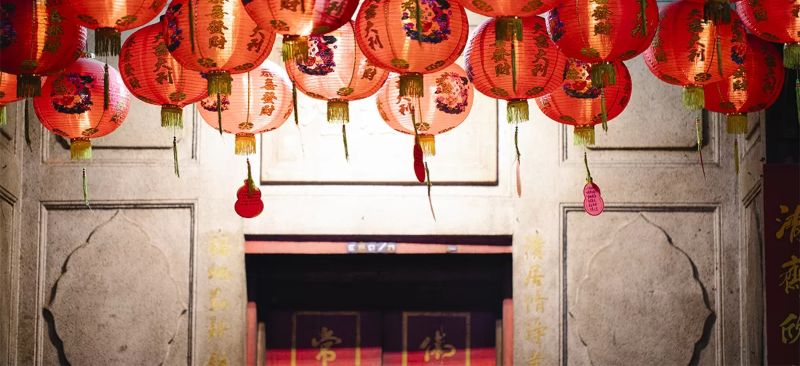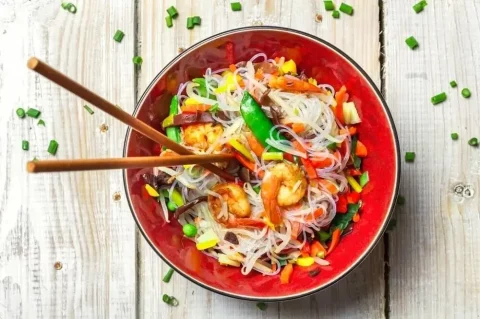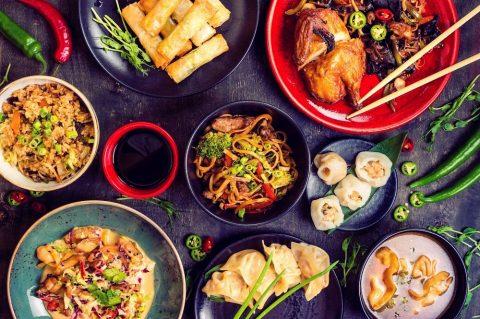Superstitions play an important role in many cultures, particularly in Asian traditions, where they can influence everything from the numbers people choose to their food. In Asian cultures, numbers are more than just figures. They carry deep meanings tied to good fortune or misfortune. Similarly, certain foods are believed to bring luck, especially during festivals or important life events. The belief in luck is woven into daily practices, and this extends to both the culinary world and gambling.
Many online casinos offer games that reflect cultural beliefs about luck, such as those featuring lucky numbers and Asian-themed symbols. As more Canadian online casinos introduce a wider variety of Asian-inspired slots, choosing a reliable platform is crucial. If you’re searching for Saskatchewan online casinos, onlinecasinosaskatchewan.com offers a wealth of information on the region’s top platforms, ensuring you make the right choice. It’s worth having a look to discover options that fit your preferences.
Superstitions in Asian Culture
Superstitions are embedded in the daily life of many Asian cultures, particularly in China, Japan, and Korea. Numbers carry significant meaning, and people often go to great lengths to avoid bad numbers and seek out lucky ones. For example, the number 8 is seen as lucky because of its resemblance to the word for “wealth” in Chinese. In contrast, the number 4 is avoided due to its similarity to the word for “death”.
Here’s a table summarizing common lucky and unlucky numbers in Asian cultures.
| Number | Cultural Meaning | Reason |
|---|---|---|
| 8 | Prosperity and Wealth | Sounds like “prosperity” in Chinese |
| 9 | Longevity | Associated with long-lasting life |
| 4 | Unlucky, Death | Sounds like “death” in Chinese and Japanese |
| 6 | Smooth or Easy | Represents things going smoothly |
| 7 | Spiritual, Lucky in Japan | Considered sacred and lucky in Japanese traditions |
Lucky Flavors and Symbolic Foods in Asian Cuisine
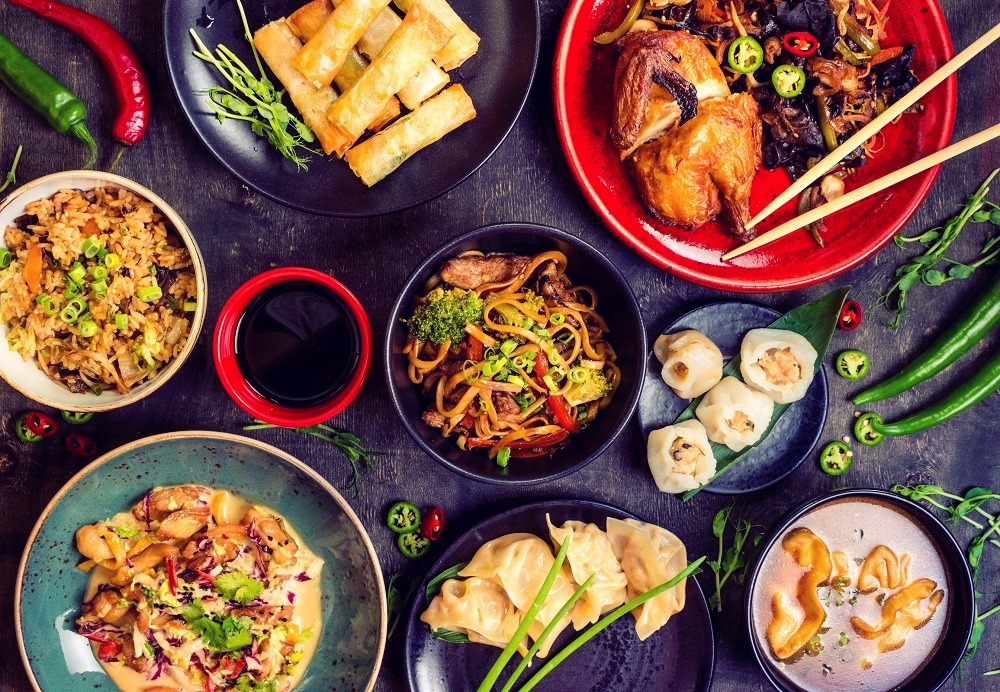
In many Asian cultures, food is more than just sustenance. It’s tied to superstitions and symbolism, particularly during festivals or important life events. Certain foods are believed to bring prosperity, longevity, and good fortune when consumed at the right time.
Common symbolic foods and their meanings are:
- Fish. Eating whole fish during Lunar New Year symbolizes abundance, as the Chinese word for fish sounds like “surplus”.
- Dumplings. These are shaped like ancient Chinese money ingots, symbolizing wealth.
- Noodles. Long noodles represent long life and are often eaten without cutting them, especially during birthdays.
- Oranges. The round shape of oranges signifies completeness and their golden color represents wealth.
Superstitions in Online Gambling
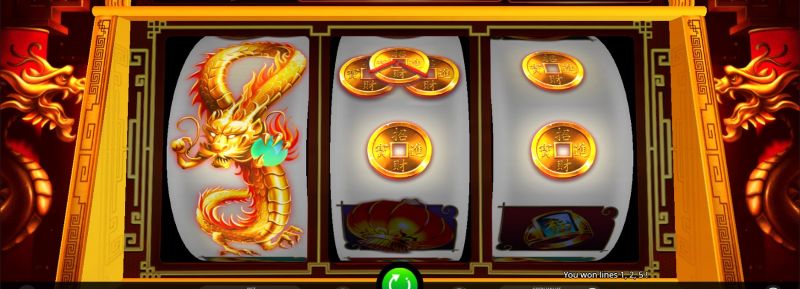
Superstitions are not limited to dining – they also play a crucial role in gambling, particularly online. Many players follow specific rituals before betting or select games based on lucky symbols or numbers. In the world of online casinos, these beliefs are often encouraged, with games featuring symbols of luck or incorporating culturally significant numbers. Popular superstitions among gamblers are:
- Choosing Lucky Numbers. Players often bet on numbers like 8 or 9, hoping to improve their luck.
- Lucky Symbols in Games. Dragons, koi fish, and lucky coins frequently appear in online casino games as these symbols are believed to bring good fortune.
- Rituals and Charms. Some players perform personal rituals before playing, such as wearing a specific piece of clothing or touching a lucky charm.
Online Casino Games with Lucky Symbols
Many online casino platforms, particularly those with a global audience, offer games that incorporate symbols of luck. For example:
- Dragon’s Luck. A popular slot featuring dragons, which symbolize power and luck in Asian cultures.
- 88 Fortunes. This game revolves around the number 8 and includes lucky symbols like gold coins and prosperity trees.
The Intersection of Cuisine and Gambling
The worlds of cuisine and gambling intersect in fascinating ways, especially in cultures where both activities are rich in superstition. In places like Macau, where gambling is a key part of the economy, food and gaming come together as people enjoy lavish meals before or after visiting casinos. Many restaurants in these areas, including Asian fusion spots, create menus with symbolic dishes designed to bring luck.
Get to know how dining and gambling traditions connect:
- Lucky Foods at the Casino. Some casinos offer meals that feature lucky foods like dumplings or fish, enhancing the experience of gamblers hoping for good fortune.
- Asian-Inspired Casino Games. As previously mentioned, many online casinos create games featuring Asian symbols of luck, offering an immersive experience that ties gambling to cultural beliefs.
- Themed Dining Experiences. In some cases, restaurants host events where food and gambling come together, such as casino-themed nights with a menu featuring symbolic dishes.
How Superstitions Influence Consumer Choices
Superstitions influence not only individual behaviour but also consumer choices in food and gambling. Whether it’s selecting a lucky dish at a restaurant or betting on a specific number in an online game, these beliefs are deeply rooted in cultural traditions.
In Cuisine
People often choose dishes believed to bring good fortune, particularly during special occasions. For example, at Kinki Cuisine, diners might order dumplings or noodles during celebrations, believing these foods will bring them wealth and longevity.
In Online Gambling
Gamblers frequently select games with lucky symbols or place bets on numbers considered lucky. Casinos cater to these beliefs, offering a range of games with cultural themes designed to attract players seeking both entertainment and good fortune.
Practical Tips for Using Luck to Enhance Your Experience
When it comes to blending superstitions with your everyday dining or gambling, there are a few fun ways to make your experiences more meaningful and potentially lucky. Below are practical tips for both dining and gambling, focusing on how you can incorporate lucky numbers, symbols, and rituals to maximize your enjoyment.
For Dining
Incorporating luck into your dining experience can be both enjoyable and culturally enriching. Whether you’re visiting an Asian fusion restaurant or cooking at home, these simple steps will add a touch of good fortune to your meal:
- Order Symbolic Dishes. Choose dishes known for their lucky symbolism, such as dumplings for wealth or whole fish for abundance.
- Serve Food at Special Occasions. For family gatherings or festivals, serve dishes like long noodles for longevity or oranges for wealth.
- Follow Dining Rituals. Observe traditional rituals, such as not cutting noodles to preserve long life, or serving fish whole to ensure unity.
For Gambling
Just like in dining, adding an element of superstition to your online gambling sessions can make them more fun and potentially luckier. Whether it’s betting on a lucky number or playing themed games, there are ways to enhance your experience:
- Bet on Lucky Numbers. Use numbers like 8 or 9 when placing bets in games like roulette or keno to align your play with lucky numbers.
- Play Themed Games. Look for slot games or table games that feature lucky symbols, such as dragons or koi fish, to enhance the sense of fortune.
- Perform a Ritual. Before starting your game, follow a small personal ritual, such as touching a lucky charm or saying a phrase for luck.
Superstitions surrounding luck, numbers, and food have been ingrained in Asian culture for centuries. Whether you’re enjoying symbolic dishes at an Asian fusion restaurant or betting on lucky numbers in an online casino, understanding the deeper meanings behind these beliefs can enrich your experience. By blending culinary traditions with gambling superstitions, you can turn ordinary activities into meaningful, culturally connected experiences that go beyond simple enjoyment.

